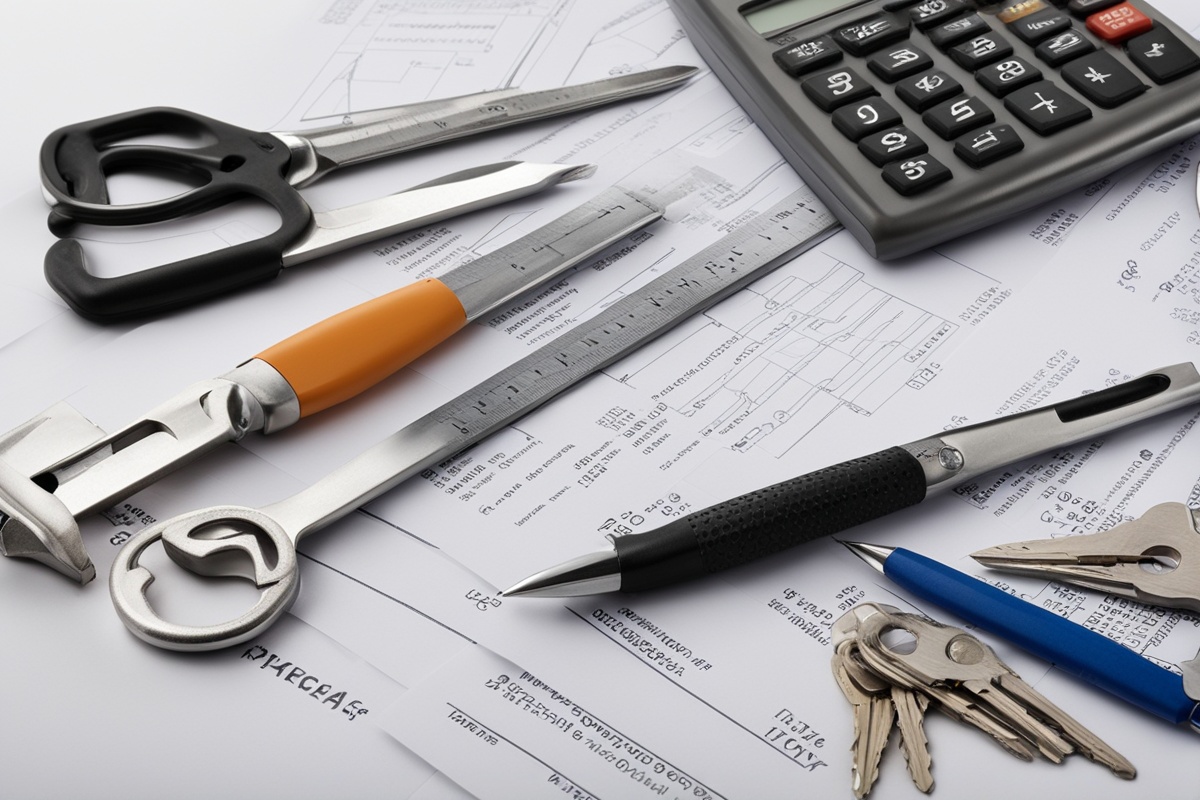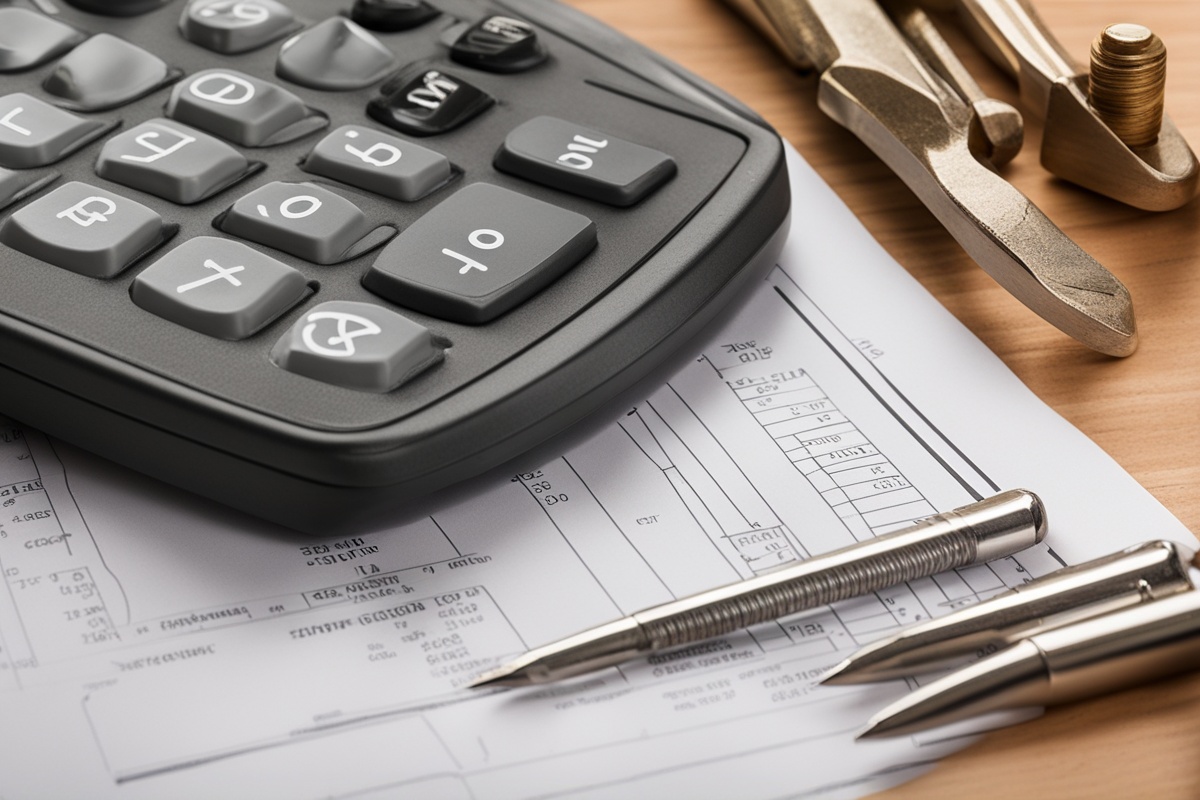Understanding the true value of your home is a critical step whether you’re planning to sell, refinance, or simply want to keep tabs on your investment. With the rise of digital tools, finding an Accurate Home Value Estimator has become easier than ever. These online calculators and tools provide a quick, data-driven estimate of your property’s worth based on market trends, location, and property-specific details. In this comprehensive guide, we’ll explore how these estimators work, why accuracy matters, and how to use them effectively to make informed real estate decisions.
What Is an Accurate Home Value Estimator?
An Accurate Home Value Estimator is a digital tool or calculator designed to provide a reliable estimate of a property’s market value. These tools use algorithms that analyze a variety of data points, including recent sales of comparable properties, local market trends, property size, condition, and other relevant factors. Unlike a full appraisal conducted by a licensed professional, these estimators offer a quick and often free way to get a ballpark figure for your home’s worth.
Popular platforms like Zillow’s Zestimate or Redfin’s Estimate tool are examples of such estimators. While they may not replace a professional appraisal, they serve as a valuable starting point for homeowners and buyers alike. To ensure accuracy, many of these tools are updated regularly with the latest real estate data.
Why Accuracy Matters in Home Value Estimation
When it comes to determining your home’s value, accuracy is paramount. An overestimate can lead to unrealistic expectations when selling, causing your property to sit on the market for too long. Conversely, an underestimate might result in selling your home for less than it’s worth, costing you thousands of dollars. An Accurate Home Value Estimator helps bridge this gap by providing a realistic figure based on current data.
Accuracy also plays a role in other financial decisions, such as securing a mortgage or refinancing. Lenders often rely on estimated home values to determine loan amounts, so having a reliable figure can streamline the process. For more insights on how home values impact financing, check out our post on Mortgage Calculators.
How Do Accurate Home Value Estimators Work?
Accurate Home Value Estimators rely on a combination of public data and proprietary algorithms to generate their figures. Most tools pull information from multiple sources, such as:
- Public records for recent home sales in your area (often called “comps” or comparables).
- Tax assessments and property records for details on square footage, lot size, and home features.
- Market trends, including supply and demand dynamics in your local area.
- User-provided data, such as updates or renovations that may increase a home’s value.
Some estimators also incorporate machine learning to refine their predictions over time. While no tool is 100% precise, the best ones strive for accuracy by continuously updating their datasets. If you’re curious about other property-related calculations, explore our guide on Property Tax Calculators.
Factors That Influence Home Value Estimates
Several factors can affect the output of an Accurate Home Value Estimator. Understanding these variables can help you interpret the results and make adjustments if necessary. Key factors include:
- Location: Properties in desirable neighborhoods or areas with good schools often have higher values.
- Home Condition: A well-maintained home or one with recent upgrades typically appraises higher.
- Market Conditions: A seller’s market (high demand, low supply) can drive up home values, while a buyer’s market may lower them.
- Comparable Sales: Recent sales of similar homes in your area heavily influence estimates.
If your estimator allows for manual input, be sure to provide accurate details about renovations or unique features to get a more precise result. For additional tools to assess property costs, visit our page on Home Maintenance Cost Calculators.
Limitations of Online Home Value Estimators
While an Accurate Home Value Estimator can be incredibly useful, it’s important to recognize its limitations. These tools are not a substitute for a professional appraisal, which involves an in-person inspection and a detailed report. Online estimators may not account for unique features of your home, such as custom designs or unrecorded upgrades. Additionally, their data may lag behind real-time market shifts, leading to discrepancies.
In rural areas or markets with limited sales data, estimates may be less reliable due to a lack of comparable properties. For a deeper dive into real estate valuation methods, take a look at our article on Real Estate Investment Calculators.
How to Use an Accurate Home Value Estimator Effectively
To get the most out of an Accurate Home Value Estimator, follow these best practices:
- Use Multiple Tools: Compare estimates from different platforms like Zillow, Redfin, and Realtor.com to get a range of values.
- Input Accurate Data: If the tool allows, provide detailed information about your home’s features and condition.
- Check Comparable Sales: Look at recent sales in your area to see if the estimate aligns with market activity.
- Consult a Professional: For major decisions like selling or refinancing, pair the estimate with an appraisal or a realtor’s opinion.
By combining the results of an estimator with local market knowledge, you can make well-informed decisions. If you’re planning to sell, our guide on Closing Cost Calculators can help you estimate additional expenses.
Disclaimer: The information provided in this article is for general informational purposes only and should not be considered as financial, legal, or professional advice. While we strive to ensure the accuracy of the content, home value estimates generated by online tools may vary and are not a substitute for a professional appraisal. Always consult with a licensed real estate professional or appraiser before making significant decisions based on estimated home values. We are not responsible for any errors, omissions, or outcomes resulting from the use of this information.
References
- Zillow: How Much Is My Home Worth?
- Redfin: What Is My Home Worth?
- Realtor.com: My Home Value Tool
- Federal Reserve: Report on the Economic Well-Being of U.S. Households
- National Association of Realtors: Research and Statistics
This content is for informational purposes only and not a substitute for professional advice.





